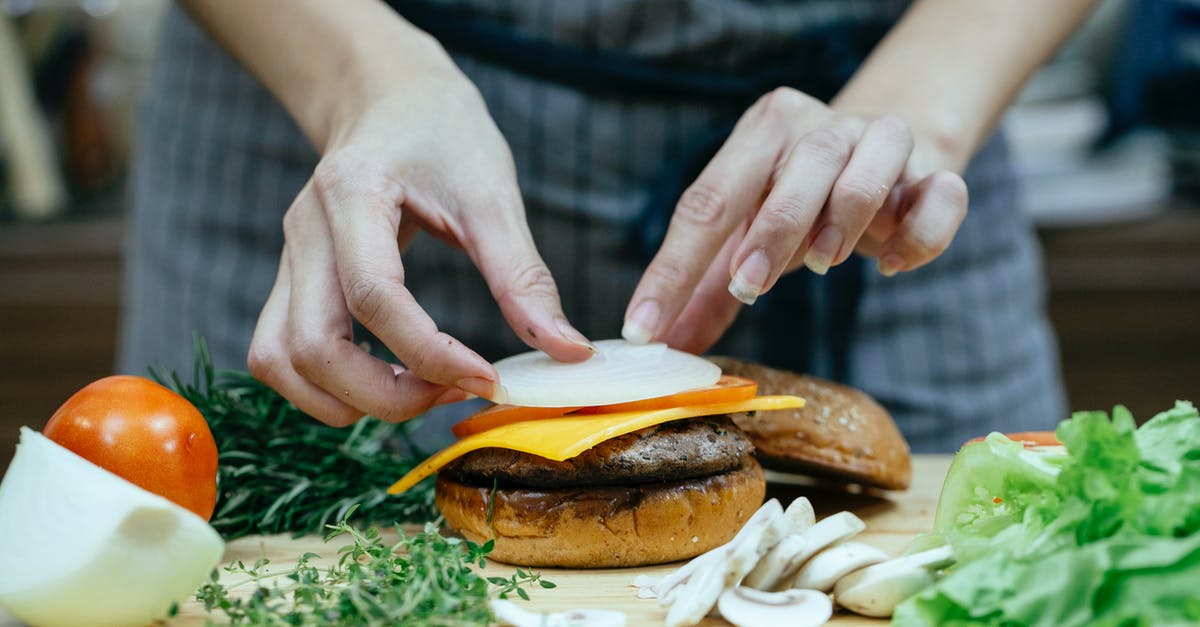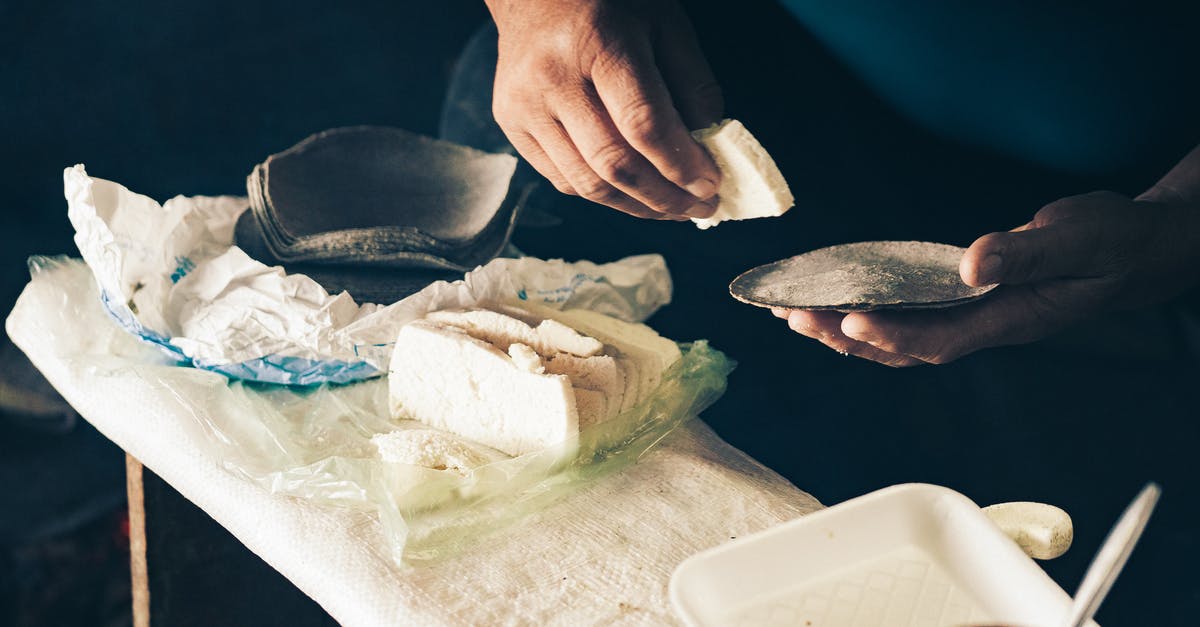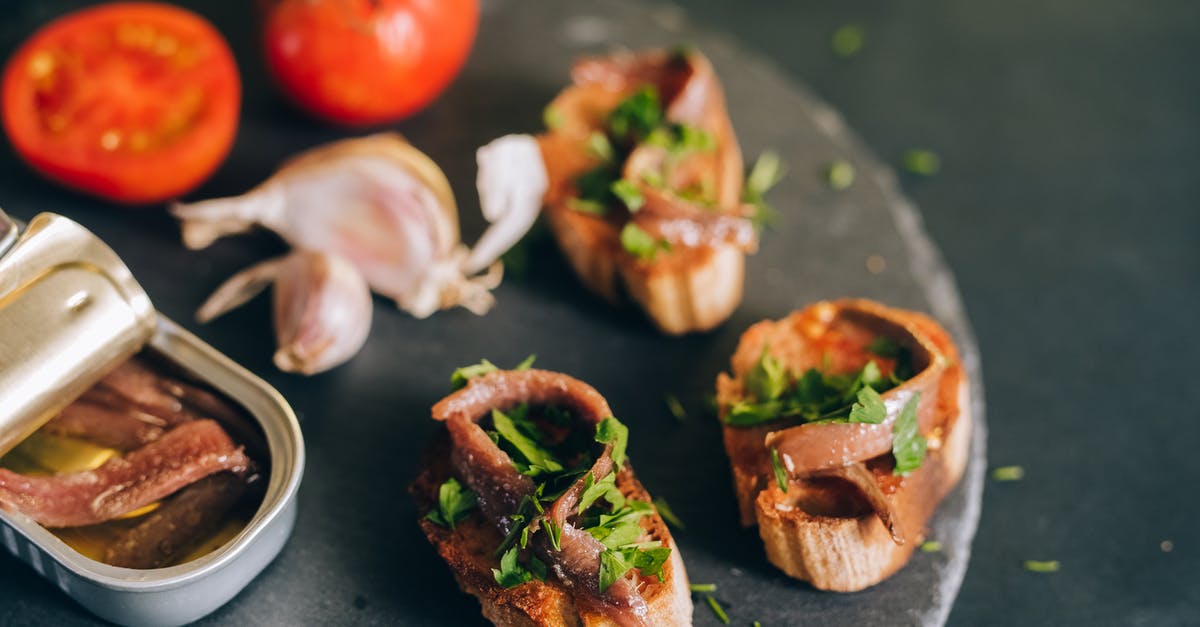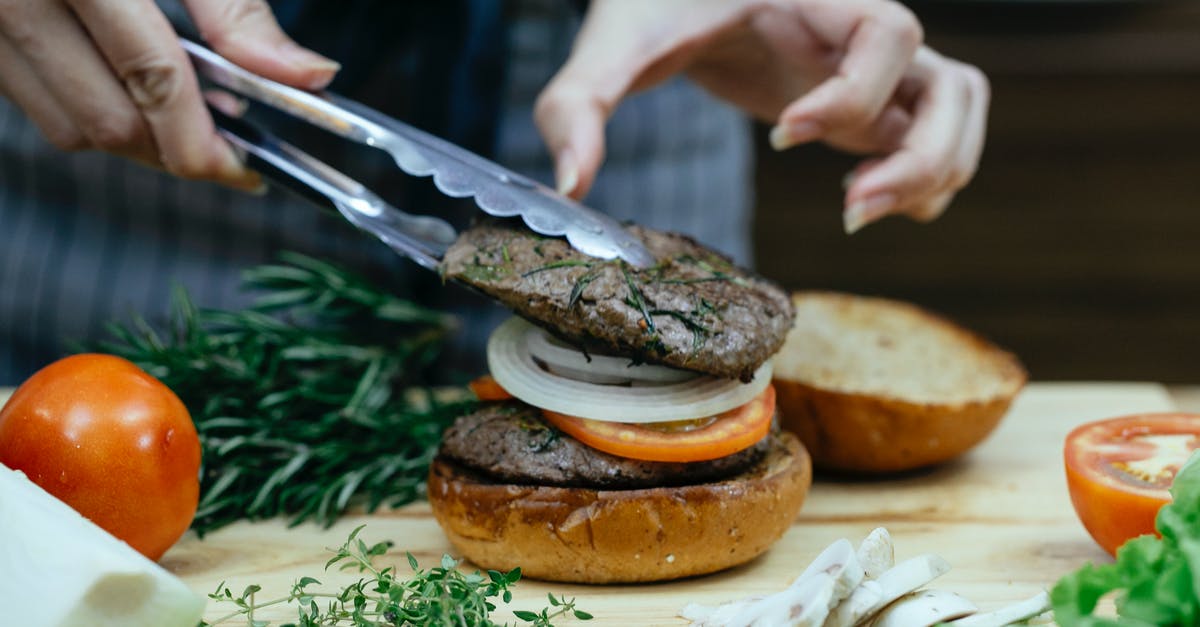How much vinegar can I safely add to bread dough?

I'm making Russian Black Bread for the first time, and I don't tend to follow recipes exactly. (I do weigh ingredients and understand how to speak in baker's percentages, so this is generally in the spirit of experimentation.)
I added a fair amount of vinegar. (100g to 1400g dry flour-or-flour-adjacent ingredients, about 7%.) The recipe also contains yogurt, molasses, and coffee, plus I used a poolish, so there's a whole pH adventure going on in there.
This morning I see that it's rising even more slowly than I'm accustomed to with my poolish. I don't know how much of this is that it's a very wet (~80%), very enriched dough, so I did a little searching and the Internet warns not to use "too much" vinegar to avoid killing the yeast, but not in very precise terms.
Is there a recommended maximum percentage? Is it based in total pH and thus might shift with other ingredients?
Update: While I am still interested in answers to my question for improvisational food science reasons, I can now report for future vinegar-adders that the amount described above is not a problem. This batch had phenomenal spring.
These were patted almost flat like hamburger buns when I put them in the oven. They were almost spherical when they came out and are tearing along the score because they wanted more space:
Best Answer
Cool Russian Black Bread!
Since you gave an update I figure you might still be tracking the question.
Does your recipe use Baking Soda? That would react to your vinegar to create the CO2 needed to rise the heavy bread, but since it is a very fast reaction you would need to go from adding vinegar to oven in a matter of minutes.
I'm guessing the recipe uses yeast instead and that the vinegar is merely for a strong sour taste. I would think that much vinegar would inhibit your yeast, but since you got a good springy baked bread you are already on the right track.
Some traditional recipes rely on a sourdough starter where the yeast does the rising and the bacillus bacteria is teamed up to convert the milk's lactose into that tangy sour lactic acid instead of vinegar. You could create your own "wild yeast" by mixing your flour (rye & wheat) with buttermilk or yogurt with an active bacteria culture and adding commercial yeast (or praying to capture and grow your own wild yeast which can take a lot of time and will probably be the same yeast species based on the Sourdough Project tests).
Pictures about "How much vinegar can I safely add to bread dough?"



Quick Answer about "How much vinegar can I safely add to bread dough?"
Mix 1 teaspoon of baking soda along with 1 tablespoon of vinegar to replace 1 whole egg. If your recipe calls for two or more eggs, just adjust the amount of baking soda and vinegar with the same ratio.How do you add vinegar to dough?
To boost homemade bread dough rising, add 1 tablespoon of vinegar for every 2 1/2 cups flour in a recipe. If you have soft water, which can weaken gluten in dough, a little vinegar will also improve bread quality.Does vinegar activate yeast?
A teaspoon of vinegar per loaf will cause bread to rise higher. Yeast and vinegar are used together in two completely different applications. One application is the use of vinegar to enhance the rising effect of yeast used in bread and pastry baking.What does vinegar do to yeast?
DON'T rely on vinegar. The idea is that adding vinegar to your bath can reduce the vaginal pH, making yeast less likely to grow. But there's little evidence that it works, and it can cause burning or irritation.The 7 Most Common Breadmaking Mistakes You’re Probably Making
Sources: Stack Exchange - This article follows the attribution requirements of Stack Exchange and is licensed under CC BY-SA 3.0.
Images: Katerina Holmes, Los Muertos Crew, Olya Kobruseva, Katerina Holmes

